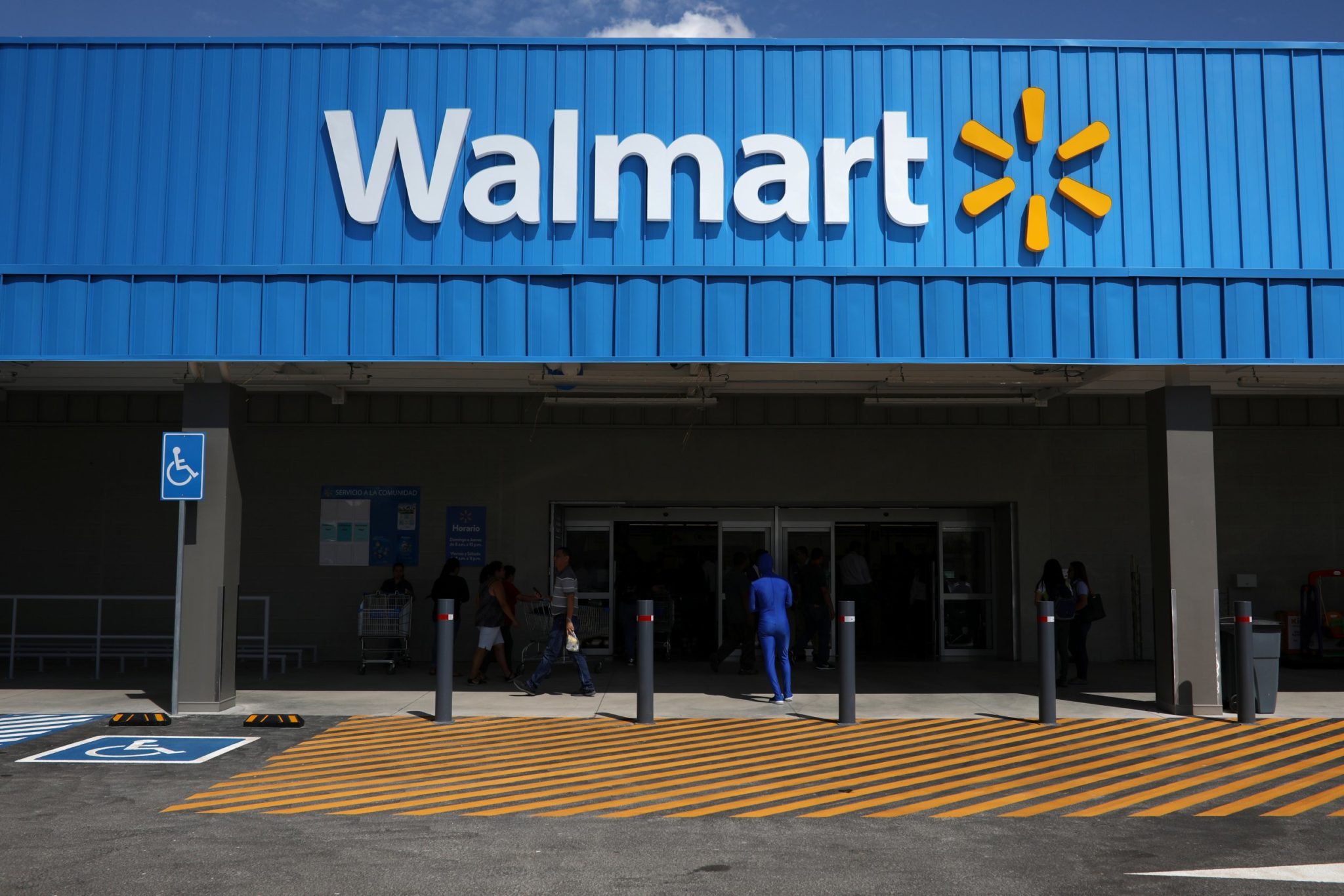Retail Management Systems: Streamlining Operations
In the fast-paced world of retail, staying ahead requires efficiency, adaptability, and customer focus. Did you know that 63% of retail businesses are now leveraging technology to enhance operational efficiency? This is where Retail Management Systems: Streamlining Operations comes into play.
From inventory tracking to customer relationship management, retail management systems (RMS) provide the tools to simplify complex processes and improve profitability. In this blog, we’ll explore how retail management systems transform operations, provide practical tips for implementation, and explain why they are indispensable for modern retailers.
What Are Retail Management Systems?
Retail Management Systems (RMS) are software solutions designed to manage key retail operations such as inventory, sales, employee management, and customer engagement. These systems integrate various functions into a unified platform, empowering businesses to make data-driven decisions and enhance customer experiences.
Incorporating Retail Management Systems: Streamlining Operations into your business strategy is essential for reducing inefficiencies, improving workflows, and gaining a competitive edge.
Benefits of Retail Management Systems
Adopting retail management systems offers a wide range of advantages that directly impact a retailer’s success.
1. Improved Inventory Management
Gone are the days of manual inventory counts. RMS solutions use real-time data to:
- Track inventory levels across locations.
- Automate restocking processes.
- Minimize stockouts and overstocking issues.
With streamlined inventory management, businesses can reduce waste and optimize storage costs.
2. Enhanced Customer Experience
Retail management systems enable personalized experiences through:
- Loyalty programs and customer preferences tracking.
- Faster checkout processes with integrated Point of Sale (POS) systems.
- Tailored marketing campaigns based on purchase history.
Happy customers are loyal customers, and RMS ensures their needs are met efficiently.
3. Data-Driven Decision Making
An RMS provides valuable insights through analytics dashboards, enabling you to:
- Monitor sales trends.
- Identify top-performing products.
- Optimize staffing schedules.
These actionable insights support better strategic planning and resource allocation.
Explore Sodio’s analytics and AI-powered solutions to elevate your retail management strategy.
Key Features of Retail Management Systems
When evaluating RMS options, look for the following essential features:
1. Integrated POS Systems
A robust RMS integrates with your POS system to facilitate seamless transactions and data synchronization.
2. Inventory and Stock Management
Efficient stock tracking, reorder alerts, and supplier integration are must-have functionalities.
3. Employee Management Tools
RMS solutions often include features for scheduling, performance tracking, and payroll management.
4. Customer Relationship Management (CRM)
Understanding your customers is crucial. RMS with built-in CRM capabilities helps you track customer preferences, design loyalty programs, and foster stronger relationships.
5. Reporting and Analytics
Comprehensive reporting tools allow you to measure KPIs and evaluate business performance.
Discover how Sodio’s retail management software development can provide these features tailored to your business.
How Retail Management Systems Streamline Operations
Implementing Retail Management Systems: Streamlining Operations simplifies workflows and ensures every aspect of your business runs smoothly. Here’s how:
1. Centralized Control
An RMS centralizes data from multiple stores, enabling consistent operations and real-time updates.
2. Automation of Repetitive Tasks
Tasks like stock replenishment, sales reporting, and employee scheduling are automated, freeing up time for strategic decision-making.
3. Optimized Supply Chain Management
RMS systems connect with suppliers to streamline ordering processes and maintain optimal inventory levels.
4. Cost Savings
By reducing manual errors and improving efficiency, RMS lowers operational costs significantly.
Want to see how Sodio can simplify your operations? Check out our custom software solutions for retailers.
Real-Life Success Stories
Case Study 1: A Fashion Retailer Boosts Sales by 30%
A mid-sized fashion retailer implemented an RMS to manage inventory and POS systems across its five locations. Within six months, they reported:
- A 20% reduction in stock discrepancies.
- A 30% increase in sales due to faster checkouts and better customer engagement.
Case Study 2: A Grocery Store Enhances Efficiency
A grocery store chain integrated an RMS with its supply chain system. This resulted in:
- 40% faster restocking cycles.
- Significant cost savings by minimizing waste and overstocking.
These examples highlight the transformative potential of Retail Management Systems: Streamlining Operations.
Challenges of Implementing Retail Management Systems
While RMS offers immense benefits, implementation isn’t without challenges:
1. High Initial Costs
Investing in an RMS requires upfront financial commitment. However, the long-term ROI justifies the expense.
2. Integration with Existing Systems
Integrating RMS with legacy systems can be complex. Partnering with experts like Sodio ensures a smooth transition.
3. Employee Training
Adopting new technology requires staff training, which can initially disrupt workflows.
Pro Tip: Conduct regular training sessions and provide user-friendly guides to help your team adapt.
Tips for Choosing the Right RMS
Selecting the right RMS is crucial for your business’s success. Keep these tips in mind:
- Understand Your Needs: Identify your business’s unique requirements, such as multi-location support or CRM integration.
- Scalability: Choose a solution that grows with your business.
- User-Friendliness: Ensure the system is easy to use for all employees.
- Customer Support: Opt for a provider offering reliable customer service and maintenance.
Let Sodio’s experienced team help you find the perfect solution for your retail business.
The Future of Retail Management Systems
As technology evolves, RMS solutions are becoming smarter and more advanced. Emerging trends include:
- AI and Machine Learning: Predictive analytics for demand forecasting.
- Cloud-Based RMS: Access your data anytime, anywhere.
- IoT Integration: Use IoT devices to track inventory in real-time.
Staying ahead of these trends ensures your business remains competitive in the ever-changing retail landscape.
Conclusion
Implementing Retail Management Systems: Streamlining Operations is no longer optional—it’s a necessity for retail businesses aiming for success. From enhancing efficiency to boosting customer satisfaction, RMS solutions are the backbone of modern retail.
Ready to streamline your operations and elevate your business? Contact Sodio today for expert guidance and tailored solutions that empower your retail business to thrive.







